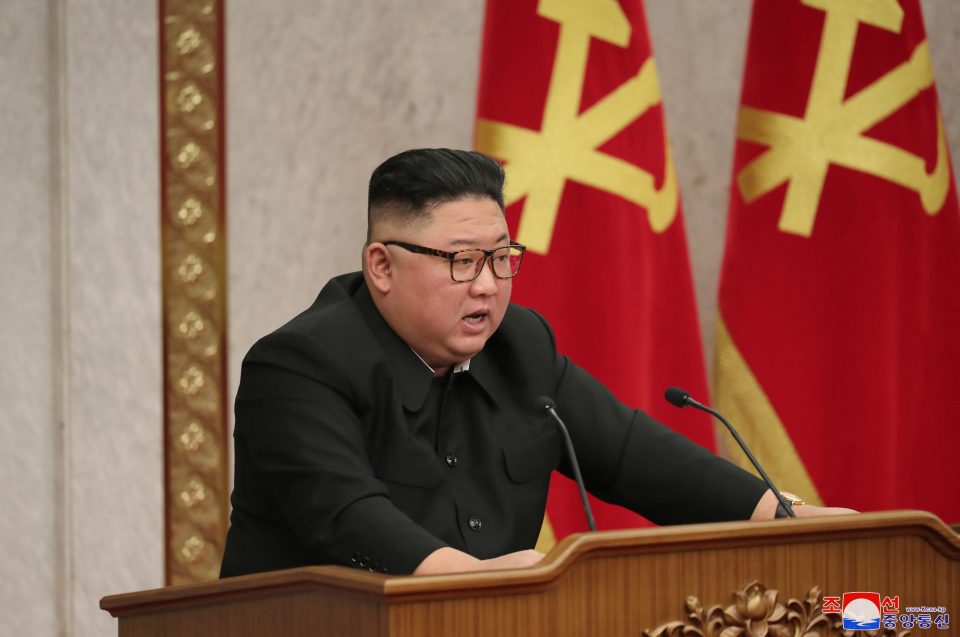According to a recent classified UN assessment released to the media a few days ago, North Korea’s missile programmes have been financed by millions of dollars in cryptocurrencies obtained through cyber-attacks.
Investigators discovered that cyber-attackers stole more than $50 million (£37 million) in digital assets (crypto) between 2020 and mid-2021 and that such assaults represent an “essential money source” for Pyongyang’s nuclear and ballistic missile programmes.
On Friday, investigators’ conclusions were presented to the UN’s sanctions committee (4th Feb 2022).
According to reports, these cyber-attacks targeted and stole millions of dollars from at least three cryptocurrency exchanges in Asia, North America, and Europe.
The Most Successful Year For Cyber Criminals – 2021
The UN report also cited research published last month by Blockchain analysis company Chainalysis that claimed North Korean cyberattacks might have won up to $400 million in digital assets last year, making it one of the most profitable years on record for the country’s cybercriminals.
Even in 2019, the United Nations assessed that North Korea has amassed an estimated $2 billion for its weapons of mass devastation programmes through sophisticated cyber-attacks.
As a result, the UN Security Council has long prohibited North Korea from conducting nuclear testing or launching ballistic missiles.
Despite punishing restrictions, North Korea has been able to continue expanding its nuclear and ballistic missile facilities, according to the UN report.
Furthermore, North Korea has continued to seek foreign material, technology, and know-how, including not only cyber methods but also cooperative scientific research.
According to the UN study, the humanitarian situation in North Korea is worse and shows no prospects of improvement.
Countries’ Reactions
The United States and others announced on Friday that North Korea launched 9 ballistic missiles in January 2022, the highest monthly number in the history of the country’s weapons of mass destruction and missile programmes.
On the same day (Friday), China and Russia declined to sign a statement criticising North Korea’s missile proliferation.
In contrast, the US said yesterday (Sunday) that its special envoy for North Korea will meet with Japanese and South Korean officials later this week to address the issue.


